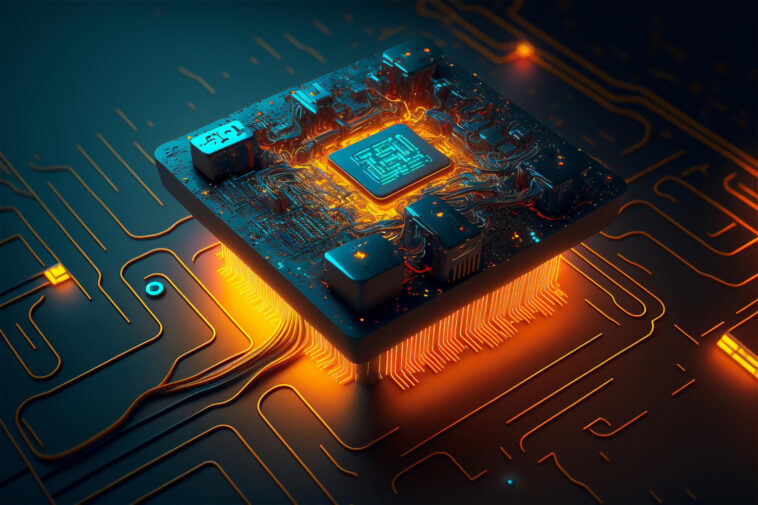The world of gaming is an ever-evolving landscape, and at the heart of every gaming experience lies the critical choice of hardware. Among the giants in the industry, three names stand out: Intel, AMD, and NVIDIA. These companies have been locked in a fierce competition, each vying for the title of the best gaming hardware provider. In this article, we’ll explore the Intel vs. AMD vs. NVIDIA rivalry, examining their strengths and weaknesses in the gaming realm.
Intel: The Gaming Pioneer
Intel has long been a household name in the world of computing. Their processors have powered gaming rigs for decades, and their dominance is still felt today. Here’s a closer look at Intel’s gaming prowess:
Strengths
1. Strong Single-Core Performance: Intel CPUs have traditionally excelled in single-core performance, which is critical for many games. Titles that rely heavily on a single thread benefit from Intel’s architecture.
2. Established Ecosystem: Intel processors are widely supported and compatible with a vast range of motherboards and components, providing gamers with plenty of options for customization.
Weaknesses
1. Higher Cost: Intel processors are often more expensive than their AMD counterparts with similar performance, which can be a drawback for budget-conscious gamers.
2. Limited Multicore Performance: While Intel CPUs excel in single-core performance, they may lag behind AMD’s Ryzen processors in multicore tasks, which are becoming increasingly important in modern gaming.
AMD: The Multicore Marvel
AMD made a significant comeback in recent years with their Ryzen processors. They’ve become a favorite among gamers and content creators alike. Let’s explore what makes AMD a strong contender:
Strengths
1. Excellent Multicore Performance: AMD’s Ryzen CPUs offer robust multicore performance, making them ideal for multitasking while gaming and content creation.
2. Value for Money: AMD processors often provide competitive performance at a more affordable price point, making them an attractive choice for gamers on a budget.
Weaknesses
1. Slightly Lower Single-Core Performance: While AMD has made significant strides, Intel still maintains a slight advantage in single-core performance, which can affect gaming performance in some titles.
2. Ecosystem Compatibility: While AMD has made great progress, their ecosystem may not be as expansive as Intel’s, which can limit motherboard and component choices.
NVIDIA: The Graphics Powerhouse
NVIDIA, primarily known for its graphics cards, plays a crucial role in the gaming industry. Their GeForce GPUs are synonymous with top-tier gaming experiences. Let’s delve into what NVIDIA brings to the gaming table:
Strengths
1. Cutting-Edge Graphics Technology: NVIDIA’s GPUs are known for their advanced graphics technology, delivering stunning visuals and real-time ray tracing, enhancing the gaming experience.
2. Extensive Driver Support: NVIDIA provides robust driver support, ensuring compatibility with the latest games and optimizations for maximum performance.
Weaknesses
1. Premium Pricing: NVIDIA’s high-end graphics cards come with a premium price tag, making them less accessible for budget gamers.
2. Limited Availability: High demand and occasional supply issues can make it challenging to get your hands on the latest NVIDIA GPUs, leading to frustrating wait times.
The Battle Rages On
The Intel vs. AMD vs. NVIDIA battle is ongoing, and the landscape is continually shifting. Each company has its strengths and weaknesses, catering to different types of gamers and budgets. The right choice for you depends on your specific gaming needs and preferences.
If you prioritize single-core performance and are willing to invest more, Intel may be your best bet.
If you’re a multitasker and want the most value for your money, AMD’s Ryzen processors are worth considering.
If cutting-edge graphics and ray tracing technology are your priority, NVIDIA’s GeForce GPUs are the way to go.
Ultimately, the Intel vs. AMD vs. NVIDIA debate comes down to personal preference and how you plan to use your gaming rig. Fortunately, with all three companies pushing the boundaries of gaming technology, gamers are the ultimate winners in this ongoing competition.



